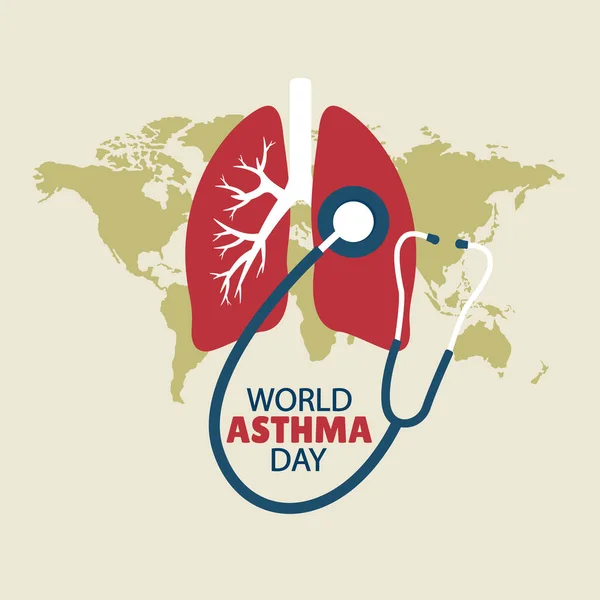World Asthma Day (WAD) is commemorated annually on the first Tuesday of May to raise awareness about asthma, a condition in which a person’s airways become inflamed, narrow, and swell, producing excess mucus that makes breathing difficult.
Date:
World Asthma Day 2024 will be observed on 7th May 2024.
- WAD 2022 was observed on 3rd May 2022.
- WAD 2023 was observed on 2nd May 2023.
Theme:
The theme of World Asthma Day (WAD) 2024 is “Asthma Education Empowers”
- GINA emphasises the need of educating people with asthma about how to manage their disease and when to seek medical attention.
- Health care professionals must raise their awareness of the ongoing avoidable morbidity and mortality associated with asthma, as well as the published data on successful asthma management, in order to give credible information and best treatment to their patients.
Additional Information:
- The Global Initiative for Asthma (GINA) organises World Asthma Day yearly.
- Each year, GINA selects a topic and organises the development and distribution of World Asthma Day materials and resources.
- In 2023, GINA will mark 30 years of translating medical evidence to enhance asthma care worldwide.
- The GINA recognised the first World Asthma Day in 1998, which was celebrated in over 35 nations alongside the first World Asthma Meeting in Barcelona, Spain.
Why May?
The month of May was chosen because it coincided with the spring and autumn seasons, during which asthma symptoms worsen.
What is Asthma?
- Asthma is a chronic disease that obstructs the respiratory system and causes difficulties breathing.
- While there is no cure for this condition, medication to control symptoms is available, and appropriate treatments can lower the risk of the disease becoming dangerous.
- Clean environments, regular breathing of fresh and clean air, avoiding taking drugs and quitting smoking are some of the beneficial ways to keep us away from the disease.
Causes of Asthma
- The causes of Asthma may be different from person to person. Still it happens when the immune system strongly reacts to a substance in the lungs.
- Mostly it is caused by swollen (inflamed) and sensitive airways that become narrow and clogged with sticky mucus in response to certain triggers like allergies from dust, animal fur or feathers and infections like cold and flu, smoke, pollution and so on.
- Genetics, pollution and modern hygiene standards have been suggested as causes, but currently there is not
enough evidence to know if any of these do cause asthma.
Symptoms:
- The most common asthma symptoms include wheezing, shortness of breath, chest tightness, and coughing.
- Children and adults who are overweight or obese are at a greater risk of asthma.

